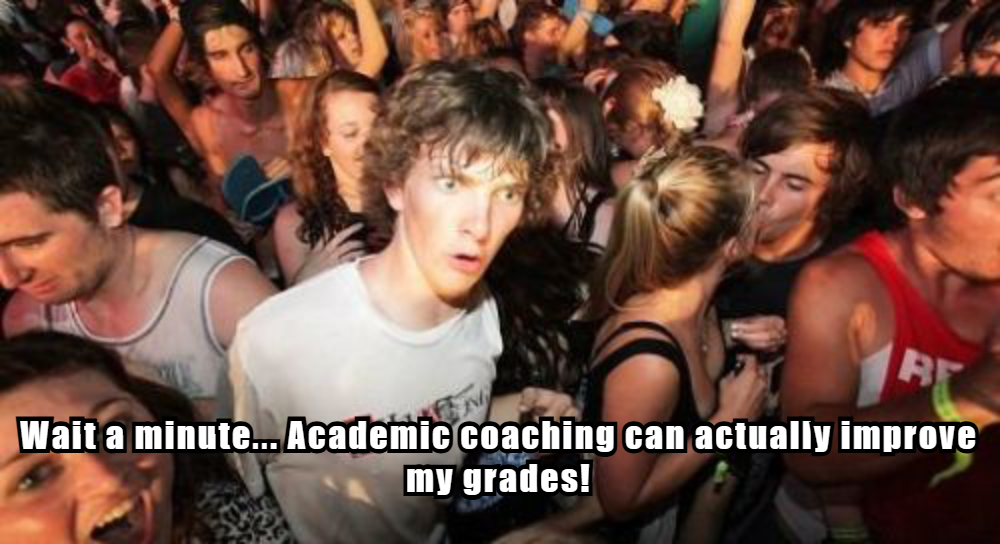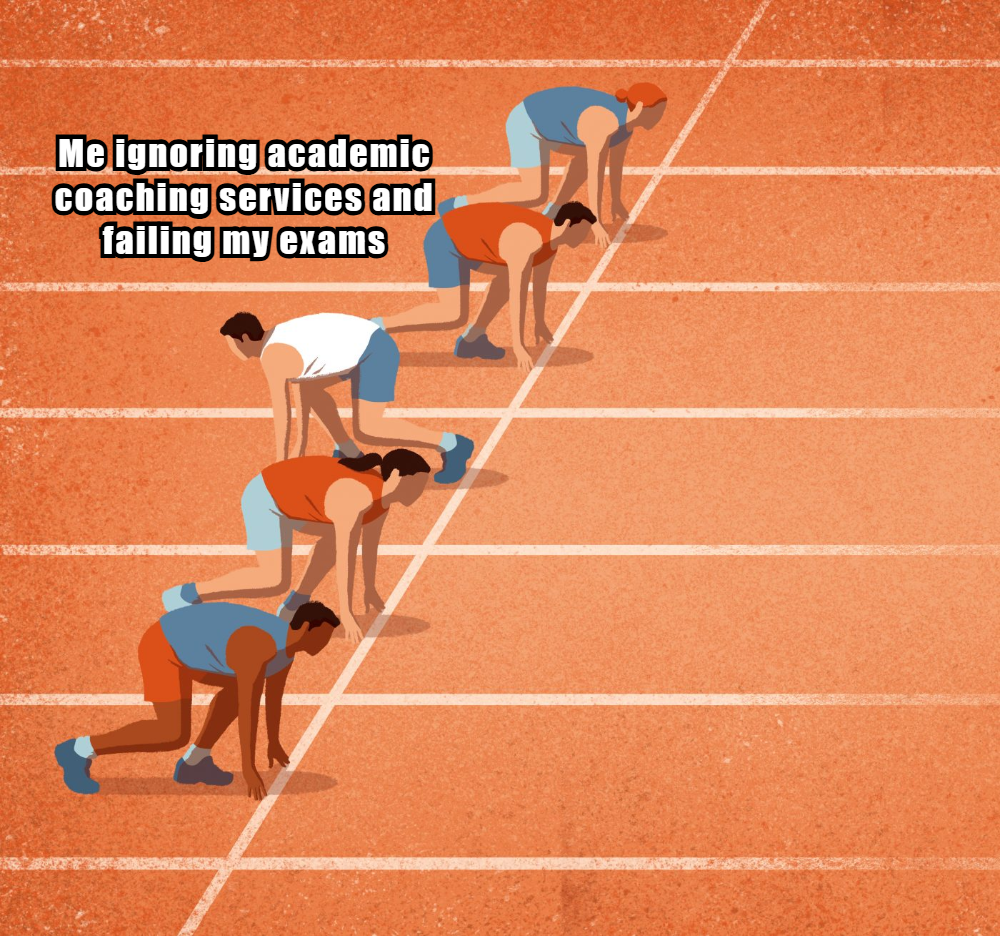Academic coaching services offer a strong platform for boosting students in the educational realm, guiding them toward success while providing personal coaching and mentoring. This paper is a step-by-step explanation of the innumerable benefits of using academic coaching services by students of different ages and all learning stages.
Personalized Support and Custom Learning Plans
The most significant advantage of academic coaching services is that they are tailored to each student’s unique needs and learning style. Unlike the traditional classroom setting or generic tutoring, academic coaching offers the following:
- Individualized attention to the specific strengths and weaknesses of the student
- Customized learning plans to target particular areas of concern
- Strategies adapted to the student’s personal learning style and preferences
This individualized support ensures that students receive focused support directly related to their challenges and maximize their potential.

Improved Academic Performance
Academic coaching services have been proven to dramatically improve students’ academic performance across various measures. The advantages include:
- Higher grades and test scores
- Better understanding of course material
- Better retention of information
- Enhanced critical thinking and problem-solving skills
Students are able to identify and work through barriers that have been hindering them from progressing academically, and therefore lead to measurable improvements in overall performance.

Building Key Skills
Academic coaching services are not limited to just knowledge in specific subjects. The service helps students build important skills essential for academic success and lifelong learning. Similar to how Sports coaching usually focuses on developing athletes’ physical and mental resilience, academic coaching services nurture crucial abilities for personal and academic growth. Some of the key skills include:
- Time management: Prioritizing tasks and utilizing time effectively
- Organization: Designing systems to monitor assignments and materials
- Study skills: Learning how to take effective notes, read, and prepare for exams
- Critical thinking: Improving analytical and problem-solving skills
- Self-advocacy: Learning when and how to ask for help and resources
These skills will not only help students succeed in college but also prepare them for challenges in higher education and the workforce, much like how Sports coaching usually prepares athletes for competition and professional success.

Improved Self-Confidence and Motivation
Academic coaching plays a crucial role in boosting students’ self-esteem and motivation. Through consistent support and positive reinforcement, coaches help students:
- Recognize their strengths and capabilities
- Overcome self-doubt and negative self-perceptions
- Develop a growth mindset towards learning
- Set and achieve meaningful goals
- Celebrate progress and accomplishments
As students experience success and see improvements in their performance, their confidence grows, leading to increased motivation and a more positive attitude toward learning.

Enhanced Executive Functioning Skills
Academic coaching is really helpful in the development of executive functioning skills that can result in academic and personal accomplishment. These skills are classified into the following groups and include:
- Self-regulation
- Planning
- Prioritizing, initiating, and completing tasks
- Cognitive flexibility
- Working memory
With help from these areas, the coaching of academics enhances students’ abilities for efficiency, organization, and capabilities to handle complex tasks and issues.

Personalized Attention and Accountability
One of the main advantages of academic coaching services is the one-on-one attention given to students. With this approach, students enjoy the following benefits:
- The safe space to voice all their concerns and ask questions.
- Immediate feedback on all progress and areas for improvement.
- Regular check-ins to ensure that students keep on track with their goals.
- Accountability is in the sense that it motivates students to follow through on what they have committed to doing.
This kind of individual attention and responsibility is usually not feasible in the typical classroom or even with the infrequent tutoring sessions.

Conclusion
By providing personalized support, enhancing academic performance, developing essential skills, boosting confidence, and improving executive functioning, academic coaching services offer a comprehensive approach to student success that goes far beyond traditional tutoring or classroom instruction.
FAQ: Frequently Asked Questions About Academic Coaching
1. What’s the difference between tutoring and academic coaching?
Tutoring focuses on subject content, academic coaching looks at broader skills and strategies for overall academic success. Coaches help students develop study habits, time management and strategies that can be applied across subjects.
2. Who can benefit from academic coaching?
Academic coaching benefits all students, any age and level, elementary through college and beyond. It will be super helpful for a student in between stages; someone who is facing specific challenges; or high achievers who can do even better.
3. How often will a student meet with an academic coach?
Frequency of coaching sessions varies from student to student, based on their needs and goals. Some students may need weekly coaching, others bi-weekly or monthly. The schedule is usually set by the student, coach and sometimes parents or educators.
4. Is there a similarity between academic coaching and sports coaching?
Yes, there is a similarity between academic coaching and sports coaching. Many principles used in Sports Coaching USA programs are applied to academic coaching services, such as goal-setting, performance analysis, and personalized skill development.

